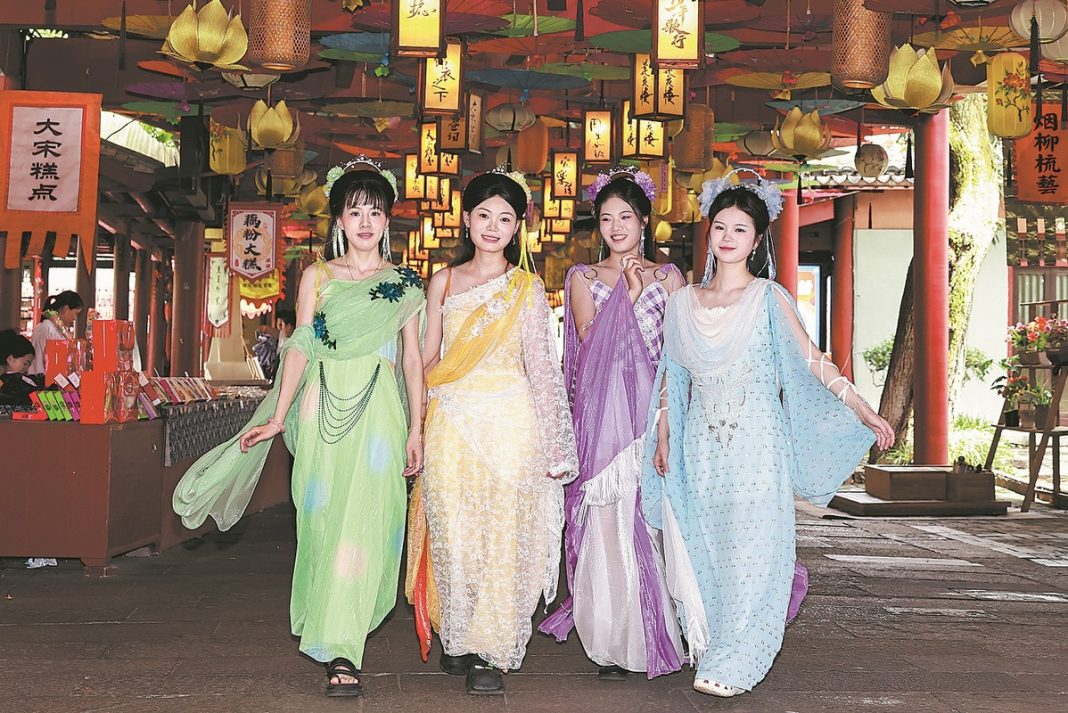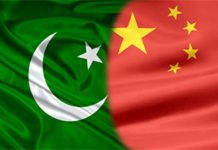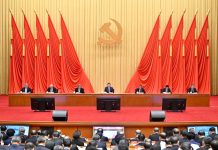BEIJING: Every year, hundreds of films are produced in Hengdian, a once-obscure township in Zhejiang province that is now often referred to as “China’s Hollywood”.
Few people realize, however, that the ascent of Hengdian — and the broader transformation of Zhejiang as a cultural powerhouse — was shaped earlier when Xi Jinping served as the province’s Party secretary.
In 2003, months after becoming secretary of the Communist Party of China Zhejiang Provincial Committee, Xi visited Hengdian at a moment when its sprawling film sets were growing rapidly, but the industry lacked support for deeper integration across the production value chain.
Private capital was still restricted from entering critical areas such as film production and distribution.
“He encouraged us to explore boldly and vigorously develop the film and cultural industry,” recalled Xu Tianfu, vice-president of Hengdian Group.
Soon after Xi’s visit, Zhejiang authorities launched a provincial task force to study reforms, which led to the creation of China’s first national-level film industry pilot zone in Hengdian in 2004.
The move marked a turning point in widening investment opportunities for the cultural sector and laid the groundwork for what is now one of the world’s busiest film production hubs.
In 2005, the provincial Party committee, under Xi’s leadership, adopted “eight projects” to build Zhejiang into a province with strong culture.
The projects span eight areas — civic quality, cultural excellence, cultural research, cultural preservation, cultural industry promotion, cultural infrastructure, cultural communication and cultural talent development.
As China pushes to build itself into a nation strong in culture, the projects have provided key references and are a critical component of Xi Jinping Thought on Culture, analysts said.
The thought, first put forward at a two-day national meeting on the work of public communication and culture in October 2023, highlighted the need to meet the people’s increasingly diverse, multitiered and multifaceted spiritual and cultural needs, and enhance the supply of services and products, in order to strengthen people’s sense of cultural fulfillment and happiness.
Chen Ye, former vice-president of the Zhejiang Academy of Social Sciences, said the eight projects reflected Xi’s belief that cultural development is central to modernization.
“His strategic vision, forward-looking ideas, political courage and pragmatic approach laid a solid foundation for preserving cultural heritage and promoting contemporary cultural development,” she said.
In Zhejiang, the results have been more than palpable. More than 5,000 film and television companies operate across the province. Since 2003, the added value of Zhejiang’s cultural industries has risen from 44.2 billion yuan ($6.15 billion) to over 615 billion yuan. Their share of the province’s GDP has more than doubled, to over 7 percent.
The province is now home to three UNESCO World Heritage sites, five national archaeological parks, 281 nationally protected heritage sites and 926 registered village museums. One of the most notable preservation efforts has focused on the archaeological ruins of Liangzhu City, a Neolithic site on the outskirts of Hangzhou. –The Daily Mail-China Daily news exchange item






